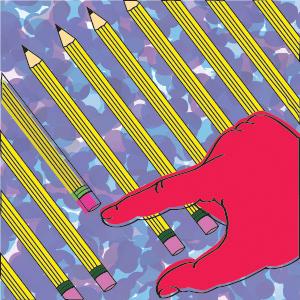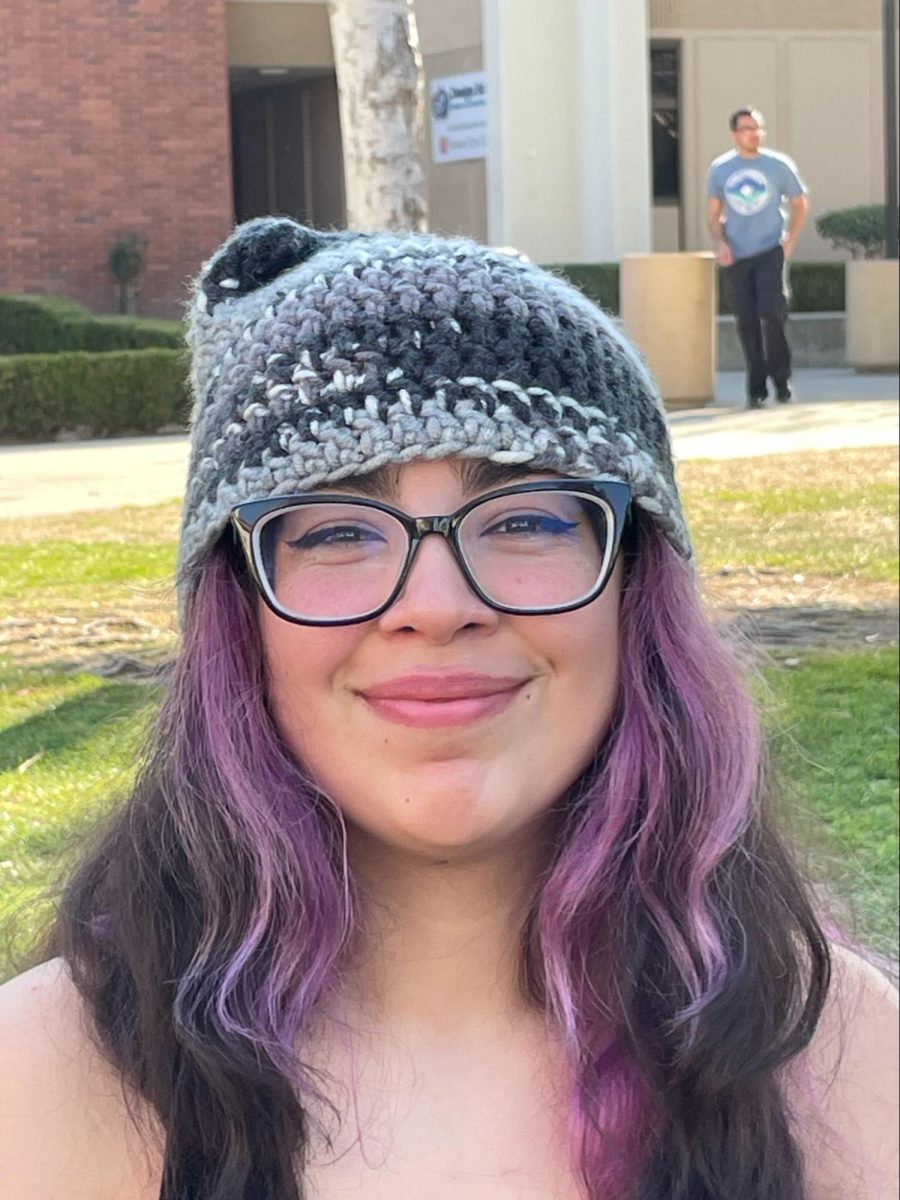One is a bad number which needs to be avoided at all costs. Two is neutral. Three, four and five are all good numbers. But six is bad unless it’s a combination of 3+3. Everything must be symmetrical, and don’t step on the cracks. If any of these little things are off kilter, then the day is ruined.
These are classic symptoms of an obsessive-compulsive person. Obsessive-compulsive disorder, or OCD, is a psychological anxiety disorder built around a mind that focuses on something (the obsession) and then carries out certain rituals (compulsion) to lessen the angst brought about by the subject in question. This is something with which I am intimately familiar. As a sufferer of OCD, the rituals of counting and evasion of numbers and cracks on the floor are my own.
In fact, there are roughly 3.3 million adults in the United States suffering from obsessive-compulsive disorder. Some students right here at Fresno City College are a part of this number.
Students suffering from OCD know how difficult this disorder can be, especially on a college level. The constant, time-consuming rituals are more than a distraction. Study and work can become almost impossible, with all of the student’s focus and energy being spent on their compulsions.
The good news is that this dilemma is nowhere near inescapable. Typically, patients are able to grow out of their rituals. Also, therapy and counseling are available to students in FCC’s Psychological Services office.
Simply talking through one’s OCD can do monumental good in the improvement of the student’s well-being. There’s also a myriad of medications and antidepressants to lower the anxiety of obsessions, lessening the need to act out on them. If this, however, is unsuccessful, then the student may want to use more vicious tactics, directing a personal war on their own OCD.
In this method, the patient will attack their compulsions head on. Step on every crack you see, let your hands get dirty, and let things become asymmetrical. When the patient realizes that the world hasn’t ended, they can move on with their lives. This measure, however, is beyond drastic and may worsen the condition. Every patient is different and while it may work for one, it could be a nightmare for others.
For many students, myself included, the best way to cope with OCD is by making this weakness into an advantage. Strict perfectionism was part of my conditions, so instead of throwing it away, I applied it to my studies and work, improving the overall quality of my performance in class. When writing, instead of drugs and excessive use of alcohol, I used my OCD as a sort of muse, letting it inspire me at the keyboard.
The bad news is that OCD affects millions. More bad news is that if you’re a student with OCD, it can easily affect your ability to perform. The good news, however, is that it isn’t all-powerful. The better news is that it can be treated, or even used as a driving force. It’s a nerve-wrecking condition that will leave health-harming anxiety in its wake. But luckily, it is entirely possible for you to have OCD without OCD having you.













